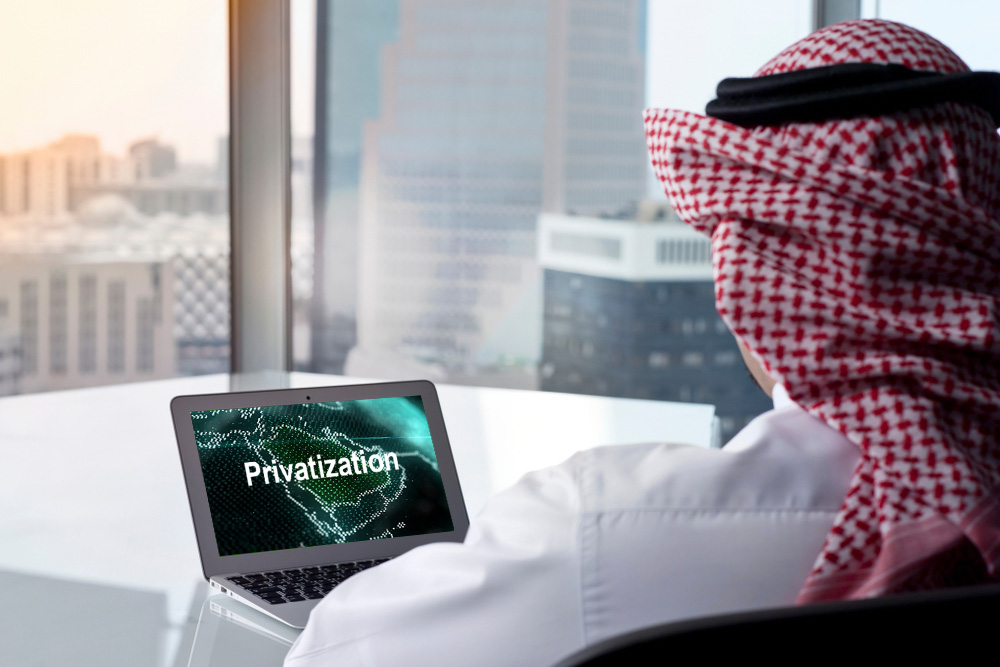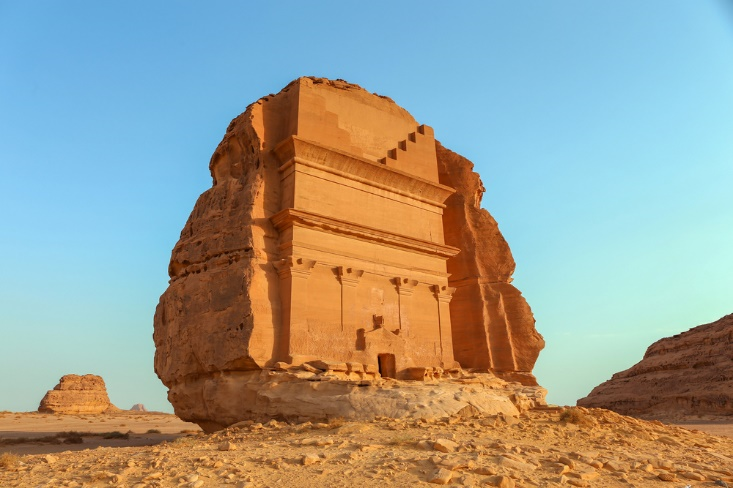Figures have revealed that Saudi Arabia dominated the startup investment market in the MENA region in the month of May. During the month, a total of $110 million was realized across 35 deals, according to data from Wamda, an entrepreneurship platform in the region.
According to the figures, the Kingdom of Saudi Arabia raised nearly $47 million across 9 startups, through the Series B funding by Sary, a B2B marketplace connecting wholesalers and small firms.
Venture capital picking in Saudi market
The managing director of Wa’ed, Wassim Basrawi, wasn’t surprised that venture capital was picking up in the Kingdom, adding that the trend had been sustained for several months as the country emerged from the ravages of the COVID-19 pandemic.
Wa’ed also announced venture capital investments in Saudi firms, including drone maker, FalconViz, IR4LAB, the blockchain artificial intelligence company, and the hydroponic technology business, the Red Sea Farms.
Basrawi also indicated that the public sector support for entrepreneurs had increased during the pandemic as many Saudi startups, such as the Red Sea Farms, were starting to attract external investors. This was one of those pointers of increased growth of venture capital investments.
The B2B e-commerce sector raised $37.6 million, raising the most interest throughout the Middle East and North Africa (MENA) region. Financial technology (FinTech) came second with $18.5 million, while logistics raised $10 million. Education technology and tourism came at a distance, raising $6.9 million, and $6 million, respectively.
Hussain Al-Alawi, speaking to Arab News, observed that the region was experiencing increased investment in venture capital and that technology companies were at the forefront, followed by FinTech, med-tech, and agri-tech. Al-Alawi is a member of the board of the Zurich-based mergers and acquisitions firm, millennium Associates, and a Saudi international partner.
He also added that technology was the driving force behind the 70% of company deals across all markets this year. This trend is also true in the Kingdom of Saudi Arabia as the country’s commitment to technology is helping drive the startup culture, and encouraging investment in the sector.
Al-Alawi also acknowledges the input of the Public Investment Fund (PIF) through projects such as NEOM in helping realize Vision 2030. They have inspired startups looking to innovate and disrupt, with support from progressive funds to help local entrepreneurs, and individuals, and institutions.
The role of women in capital investments
Al-Alawi notes Saudi’s young and highly connected population, and the evolution of the sector as prompted by the COVID-19 pandemic, as some major factors contributing to the growth of capital venture investments in the country.
Saudi Arabia seems to be far ahead when it comes to women’s participation in startups. The Kingdom posted the only investment in the women-led startup, the $6 million Gathern backing – a platform similar to Airbnb in Saudi Arabia. The figure is, however, a pale comparison to the massive $100 million posted by their male counterparts in the MENA region.
However, Al-Alawi was quick to point out that gender disparities in investments were a global issue, and were not unique to the MENA region alone. Despite outperforming their male counterparts, women-led startups received a paltry 2.6% of venture capital funding in 2019, as per CrunchBase reports.
But the situation seems to be changing. Saudi Arabia is seeing more women-led startups and businesses. When it comes to successful family businesses, the Kingdom is experiencing an upsurge in the number of females establishing their own companies, especially in e-commerce. However, many of these businesses are self-funded or family-funded instead of seeking venture capital investment.
The latest trends show that a number of women were beginning to look beyond their own businesses in Saudi Arabia, and venturing into potential investment fields in female-led startups. It’s a clear indication of the increasing role of women in the Saudi business world and their participation in new startups that helped the country dominate the startup scene in the MENA region.
Why Saudi is dominating startups in the investment sector
The venture capital in Saudi Arabia has risen to an all-time high of $151.9 million five years into the ambitious Vision 2030. This is a 124% rise from 2018 to 2020 and a massive increase from the pre-Vision rate of $7.9 million in funding.
But most of the growth can be attributed to the government’s effort to empower the entrepreneurship sector and ease foreign direct investment regulations. Foreign companies can now inject funds into the country and boost the performance of the investment sector.
The Saudi government also launched two funds of fund ventures: the Saudi Venture Capital company (SVC) and the Jada fund of funds backed by PIF. At the same time, the Saudi Telecoms Company was on the sidelines to complement the government with a $500 million funds, the largest tech fund in the MENA region.
According to Nabeel Koshak, CEO and board member of SVC, the success of Saudi startups in the diversification of the venture capital that addresses different sectors, geographies, and stages, to ensure they fill the financing gaps for startups across sectors, stages, and regions.
The SVC is also committed to investing $1 billion in venture capital funds and startups. It has so far invested in 17 venture capital firms, as well as 63 startups across different stages and sectors. The Kingdom’s venture capital company has also allocated 10% of its funds to Angel Networks. One condition for SVC for fund managers is that it must allocate some of its funds to Saudi-based companies.
It’s this kind of government backing that has propelled Saudi Arabia to the forefront of venture capital investments in the MENA region. If this trend continues, the Kingdom of Saudi Arabia will continue to dominate startups in the investment sector.
Take advantage
As Saudi Arabia dominates startups in the investment sector, there is great business potential in the Kingdom for individuals and companies. But you need to partner with experienced, professional, and knowledgeable lawyers conversant with Saudi law. They can help you understand and meet the legal requirements for harnessing venture capital and engaging in startups. If you need such lawyers, please contact HMCO today, and get the ball rolling.









